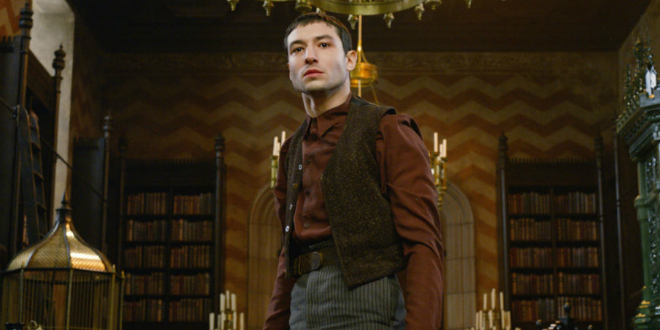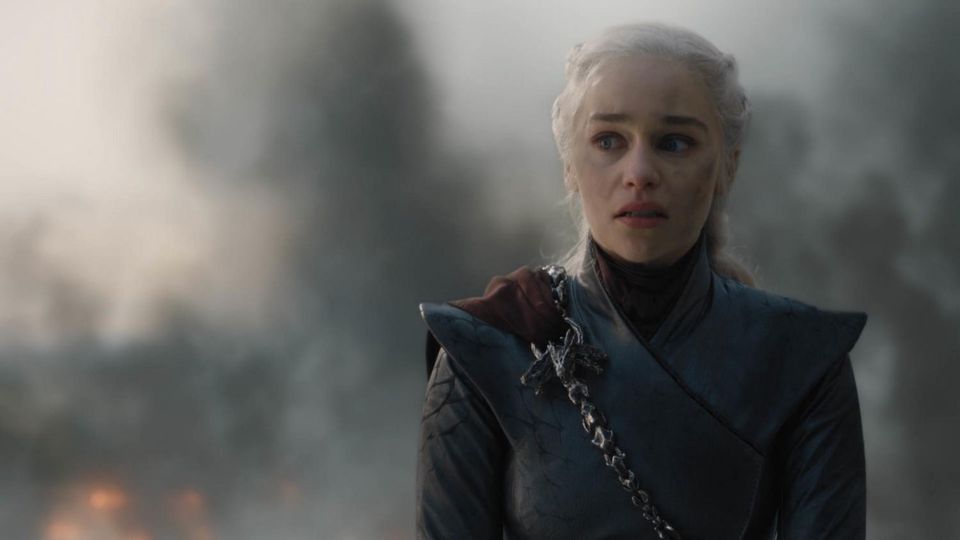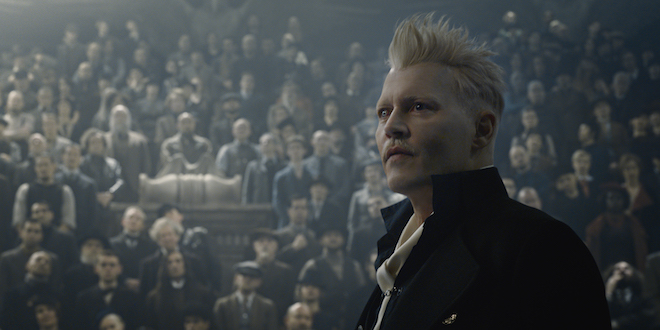A Game of Crimes: What “Fantastic Beasts” Can Learn from “Game of Thrones”
SPOILERS AHEAD: PROCEED WITH CAUTION
See if you can figure out what I’m describing. Is it how I felt after watching Fantastic Beasts: The Crimes of Grindelwald or my reaction to “The Iron Throne,” the final episode of Game of Thrones?
The credits roll.
I’m wearing a scowl, utterly perplexed.
I’m desperately wondering if it’s all just a bad joke.
Whichever option you picked, you’re correct. After watching the finale of Game of Thrones in May, I felt a familiar sense of confusion, incredulity, and resentment. I eventually realized that the bad taste in my mouth was shockingly similar to how I felt while viewing Crimes of Grindelwald.

Though casual viewers might think I’m being too cynical, I would argue that dedicated fans hold creators to higher standards. Both Crimes and Thrones have faced their share of criticism over the past year, and much of it has been justified.
The Thrones finale had gaping plot holes. Why would the Night’s Watch still exist? What makes Bran the best choice for the king? Who is Azor Ahai? Why did the Iron Islands and Dorne give up on their quests for independence while watching Sansa secede?
Crimes also had inconsistencies. Why change the name of MACUSA? How is Minerva McGonagall alive? How can Credence be Albus Dumbledore’s brother? Why didn’t Rita Skeeter get her claws on this juicy story? Why is the film called The Crimes of Grindelwald when the only crime he directly commits is breaking out of prison?
Additionally, both scripts suffered from having too much going on. Crimes introduced too many characters and mysteries to follow while Thrones tried to wrap up a sprawling storyline in six rushed episodes. It took several viewings of Crimes before I could fully comprehend the Lestrange plotline, and I still don’t understand why Jon Snow was sent to the North as a punishment. Big reveals like Aurelius Dumbledore and King Bran felt cheap, unearned, and based in shock value rather than following a logical storyline. While I can see how Queenie joining Grindelwald or Daenerys burning King’s Landing could be interesting and logical choices, neither twist was well executed.

Game of Thrones and Wizarding World films draw similar audiences. Both have magic, dragons, and castles, and they share many actors in common, like Natalia Tena (Osha and Nymphadora Tonks) and David Bradley (Walder Frey and Argus Filch). They are also both distributed by AT&T’s WarnerMedia, which owns Warner Bros. and HBO. One could continue to draw connections until it becomes clear that “A Dance with Dragons” sounds like something Gilderoy Lockhart would dream up.
Still, the most significant issue with both Crimes and later seasons of Thrones is that while they are inspired by beloved literary works, their audiences had limited source material for clarification. In contrast to the Harry Potter film series and early seasons of Thrones, viewers had to rely solely on the onscreen action to understand the storyline. This is a major problem. When Thrones writers ran out of source material due to George R.R. Martin’s series A Song of Ice and Fire being incomplete, many fans felt the show’s writing began to suffer. In parallel, if J.K. Rowling had released a book first, Crimes might not be facing so much criticism.
Another problem with these stories is the pacing of production. Many have criticized Thrones creators David Benioff and D.B. Weiss for choosing to shorten season eight despite HBO’s openness to more episodes. Fans speculate that Crimes may have been similarly rushed since the next film has been pushed back. This postponement might be a good thing, leading to a more carefully crafted third film.
To Rowling’s credit, I don’t subscribe to the wave of hate that she has faced recently. Crimes has grown on me upon subsequent viewings, something I struggle to say about the Thrones finale. I’ve found that Crimes has its charms; I’m finding answers and interesting theories to assuage my contempt. In contrast, the more I think about the Thrones finale, the more gripes I have.

With three more movies to go, the Fantastic Beasts series has plenty of room to recover while Thrones has none. Even with the Westeros-based spinoffs currently in production, there is little that can be done about the finale being the lowest-rated episode in the completed series.
Another strength that Fantastic Beasts might enjoy is that it is Rowling’s brainchild, and she is directly crafting the story. While Martin has four writing credits in the early seasons of Thrones, he chose to step back from season five onward in order to focus on finishing his books. This choice might have contributed to the show’s suffering, but fans of A Song of Ice and Fire can at least hope for stronger storytelling in his future novels.
While I still agree with some criticisms of Crimes, I’m trying to remain optimistic about the future of the Fantastic Beasts franchise and trust in Rowling’s proven ability to craft a coherent story. If Warner Bros. takes special care to avoid making the same mistakes as HBO, this film series may yet be saved.
